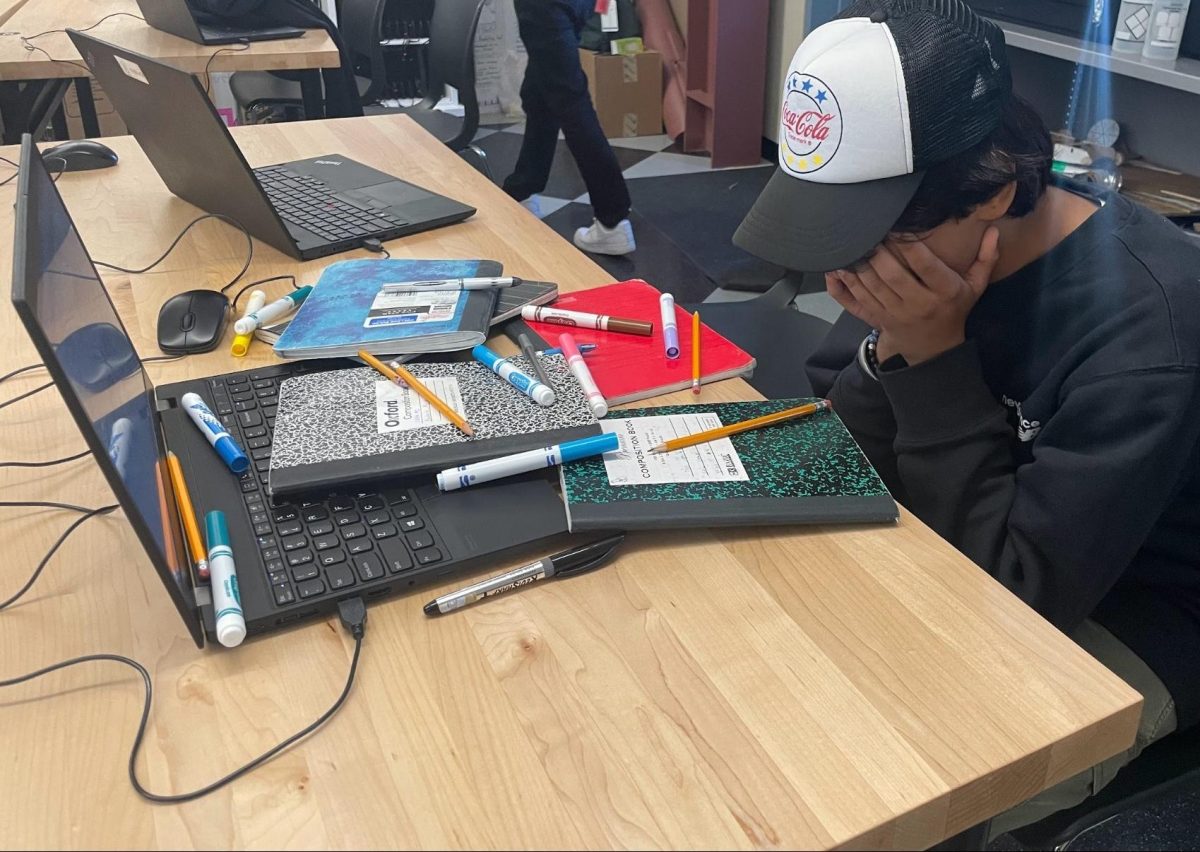As the end of the first semester approaches, students begin to stress over finals. It is important not to cram all of the content because it could lead to a detriment of your mental health and it is inefficient. Before your test, it is important to have a good night’s sleep and eat healthy foods. Here are 5 studying techniques that have been proven to be effective by researchers across the world.
The Feynman Technique
The Feynman Technique is a technique in which the student tries to explain the subject as if they were teaching another student. First, you write the concept at the top of a piece of paper. Next, you explain it out loud (without the paper), saying whatever you remember. Lastly, compare what you wrote and what you explained, and try to learn from what you messed up on.
Color Coded Notes
A study conducted by the National Library of Medicine discovered that warm colors such as red and yellow help create a learning environment that helps engage with the material. It is suggested that people write key points in red, highlight important information in yellow, and organize topics by color.
Practice Tests
Research from Cornell University shows that taking practice tests improves test scores than spending the same amount of studying such as memorizing everything. A student’s learning is enhanced when answering practice questions, even if they are not correct. Practice tests will also allow for an exposure to test style questions. There are many practice tests you can access on the internet for free, and usually, most textbooks have practice questions.
Create a Study Plan
PIH Health’s research states that being organized and creating a to-do list helps you stay productive and focused.A study plan helps you organize what you are going to do each day, rather than mindlessly studying all of the material in one sitting. Creating a study plan will help you with spaced repetition to allow yourself to remember the content over a longer period of time. Lastly, creating a study plan prevents you from studying at the last minute. Sticking to the study plan is important, or it becomes pointless.
Spaced Repetition
Psychologist Herman Ebbinghaus demonstrated in a graph that we gradually forget information over time. However, if you attempt to review the information repeatedly, you remember the material for longer. Spaced Repetition is useful because you are able to remember information better compared to cramming the information in one sitting. For example, you could study chunks of content over the course of a week to fully comprehend the material.




































